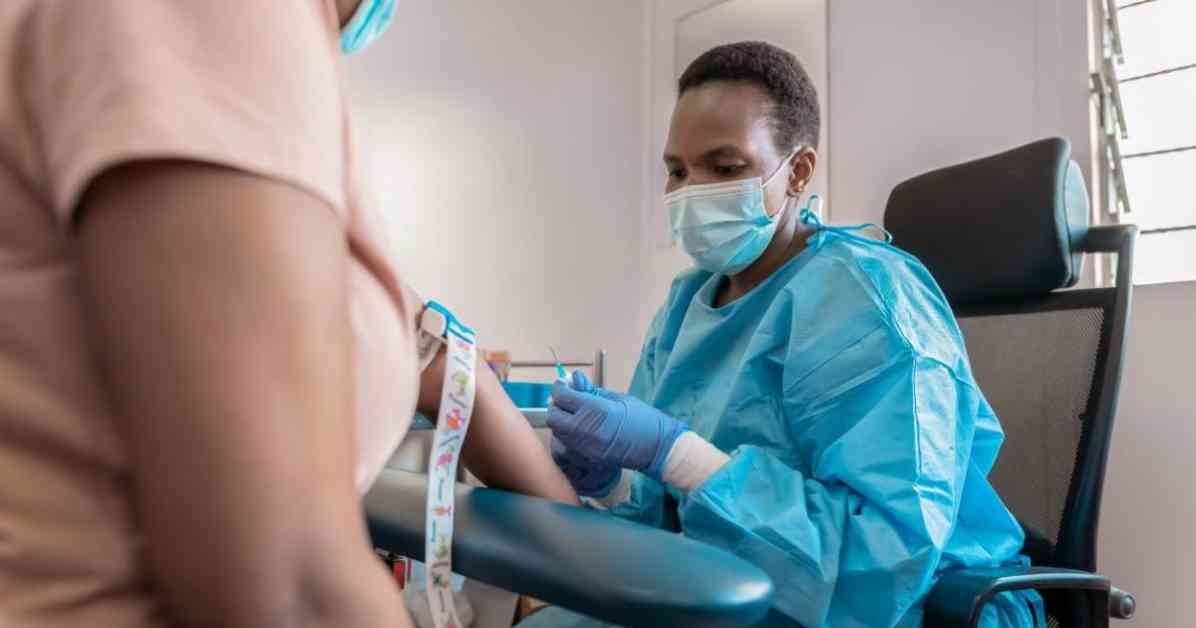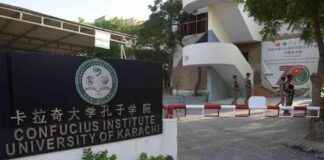Geneva, October 30, 2024 – In response to the increasing number of people affected by the monkeypox epidemic, which is spreading in certain regions of Africa, the International Organization for Migration (IOM) has launched a funding appeal of $27.8 million to protect and assist migrants, internally displaced people, mobile populations, and the communities they come in contact with.
Since August 2024, the number of confirmed cases in Africa has risen significantly, from over 2,800 in 12 countries to more than 9,300 in 34 countries as of October 20, 2024. This appeal follows an initial funding request of $18.5 million for the affected countries in East Africa, the Horn of Africa, and Southern Africa, issued in August 2024.
The IOM has expanded the plan that focused on East Africa, the Horn of Africa, and Southern Africa to create a Multi-Country Monkeypox Preparedness and Response Plan for Africa, covering the period from September 2024 to February 2025. This plan aims to address the health needs of migrants and internally displaced people, conduct health screenings, improve risk communication and community engagement, and strengthen cross-border coordination between governments and local communities to enhance response efforts.
“By rallying support around this plan, the IOM will be able to implement intervention and preparedness measures by our Member States and partners to contain the epidemic and strengthen preparedness,” said Dr. Poonam Dhavan, Director of the Migration Health Division at the IOM.
The virus, which spreads through close contact with infected individuals, particularly affects displaced people, migrants, and highly mobile populations living in transnational communities due to the lack of prevention measures and limited disease detection and control. The spread is exacerbated in overcrowded and poor living and working conditions.
The IOM has been responding to monkeypox since the recent outbreak in Burundi, the Democratic Republic of the Congo, Ghana, Guinea, Kenya, Nigeria, Rwanda, South Africa, Uganda, Zambia, and Zimbabwe. Over 1,047,900 screenings have been conducted in the DRC, Guinea, and Uganda for over four months. In countries like Burundi, the DRC, Kenya, Libya, Mozambique, South Sudan, Uganda, and Zimbabwe, over 2,300 border officials and community health workers have been trained in early detection and case management. In the DRC, Mozambique, and Uganda, the IOM has conducted monkeypox awareness activities for over 27,500 individuals since June 2024.
In the Democratic Republic of the Congo, the most affected country on the continent, the IOM is enhancing monkeypox control in high-risk areas through risk communication and community sensitization in displacement camps. The organization has trained over 80 health professionals and community leaders to raise awareness among camp residents.
The IOM’s response plan aims to address urgent health issues exacerbated by high mobility on the continent. However, despite the organization’s efforts, the plan remains largely underfunded, with only $1 million raised out of the $18.5 million needed. Without additional assistance, essential activities at entry points may be disrupted. The IOM is appealing to donors, governments, and international partners to support the fight against monkeypox to protect the health and well-being of communities affected by migration.
Editor’s Note
The IOM’s intervention plan is developed in coordination with the Africa Centres for Disease Control and Prevention and the World Health Organization (WHO).
The latest situational report can be accessed here.
For more information, please contact:
Dorothy Njagi, dnjagi@iom.int
To ensure the effective containment of the monkeypox epidemic and the protection of vulnerable populations, it is crucial for stakeholders to come together and provide the necessary support. By contributing to the funding appeal, individuals, organizations, and governments can help prevent further spread of the disease and alleviate the strain on healthcare systems in affected regions. Additionally, raising awareness about the importance of early detection and proper hygiene practices can empower communities to take proactive measures in preventing the transmission of monkeypox. Through collaborative efforts and sustained commitment, the international community can make a significant impact in curbing the spread of this infectious disease and safeguarding the health of all individuals at risk.

















